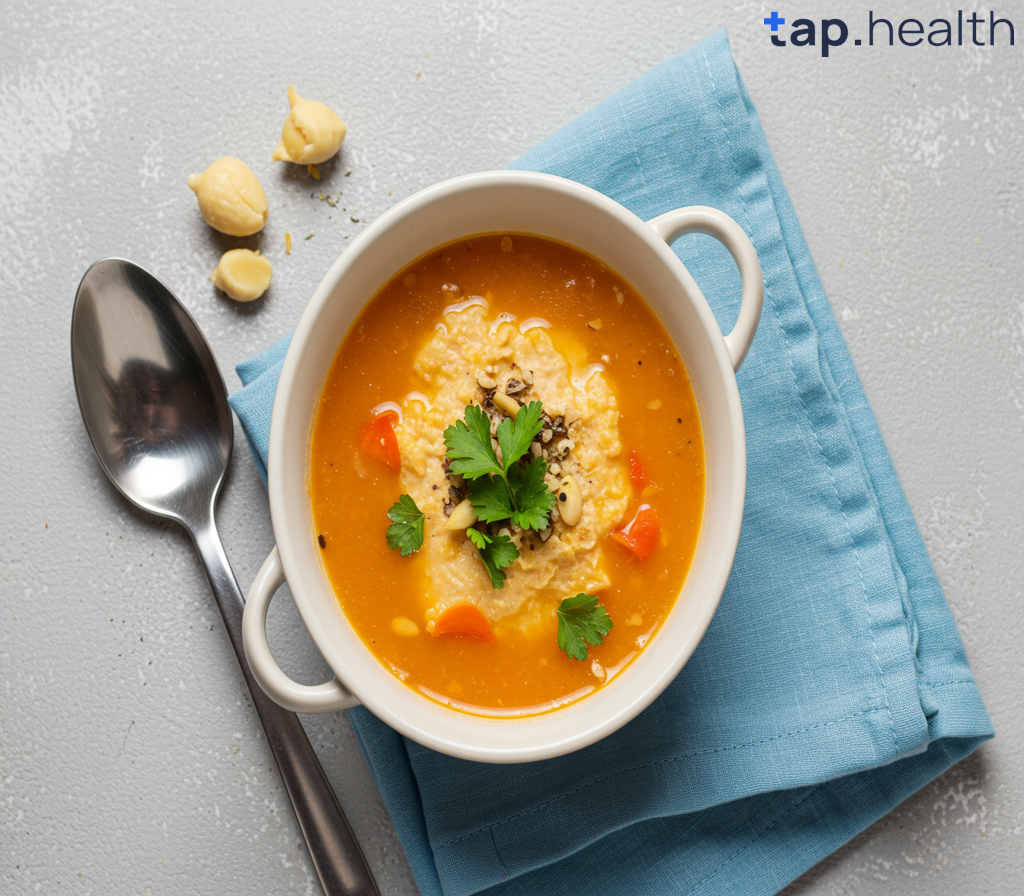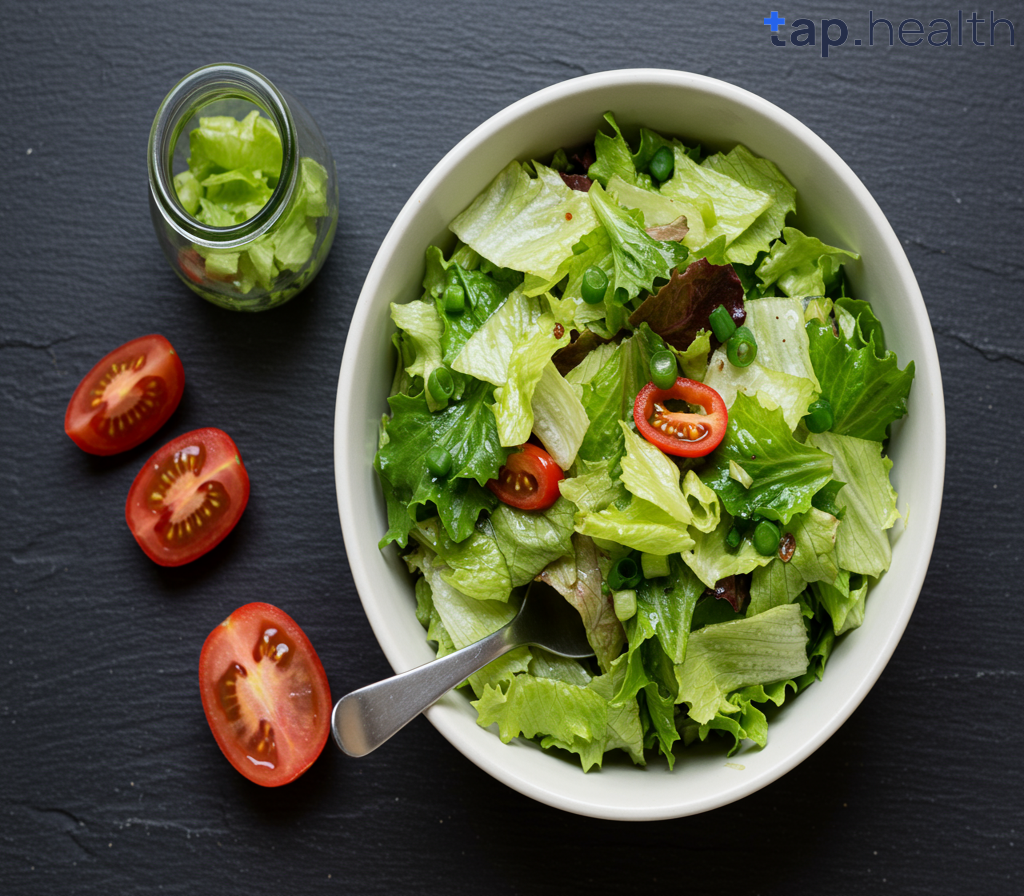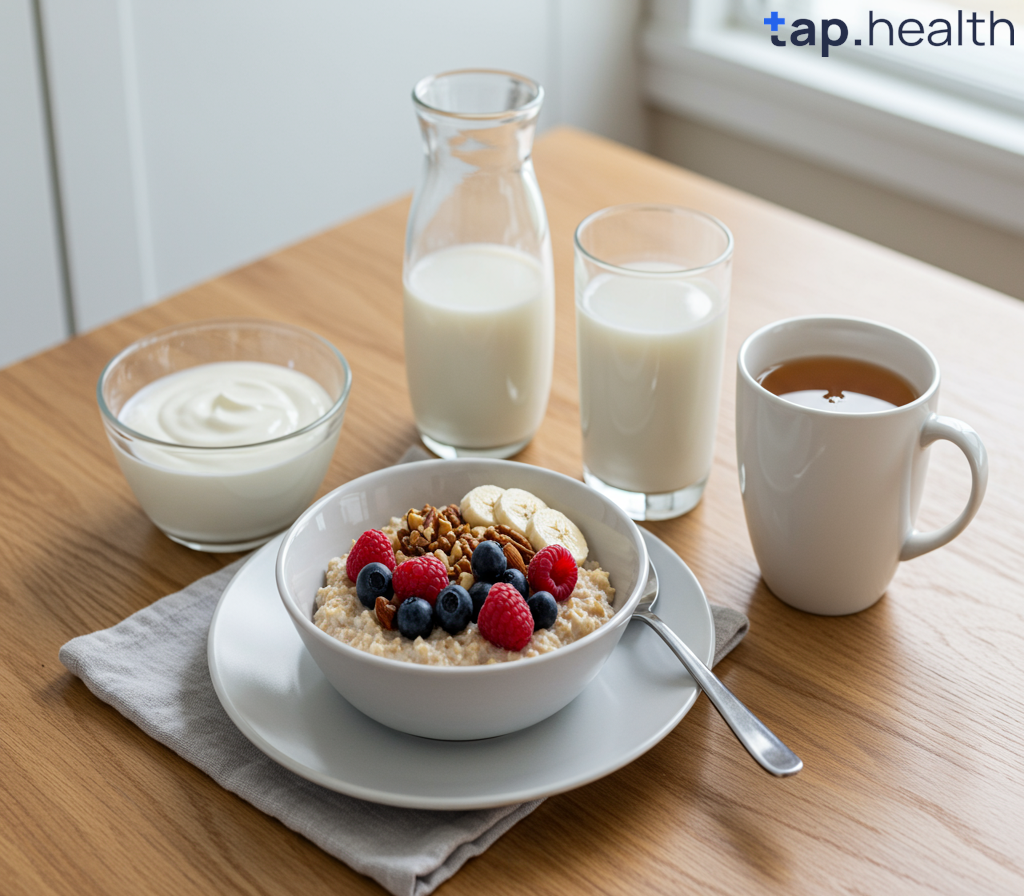Broccoli, often considered a superfood, is packed with nutrients and offers numerous health benefits. For individuals with diabetes, managing blood sugar levels is crucial, and choosing the right foods is an important part of this process. So, is broccoli a good vegetable for diabetic patients? In this article, we explore the nutritional benefits of broccoli, its effects on blood sugar, and how it can be included in a diabetes-friendly diet.
Nutritional Benefits of Broccoli
Broccoli is low in calories and rich in vitamins, minerals, and fiber. A 100-gram serving of broccoli contains:
- Calories: 34
- Carbohydrates: 6.6 grams
- Fiber: 2.6 grams
- Vitamin C: 89.2 mg (about 149% of the daily recommended intake)
- Vitamin K: 101.6 µg
- Potassium: 316 mg
- Folate: 63 µg
Broccoli is an excellent source of vitamin C, which supports immune health and helps with the absorption of iron. It is also rich in fiber, which plays an important role in regulating blood sugar and promoting digestive health. Additionally, broccoli contains potassium, which supports heart health—a key concern for people with diabetes.
How Broccoli Affects Blood Sugar Levels
For diabetics, understanding the impact of foods on blood sugar levels is essential. The glycemic index (GI) and glycemic load (GL) of foods provide insight into how quickly they raise blood sugar levels after consumption.
Low Glycemic Index and Glycemic Load of Broccoli
Broccoli has a low glycemic index (GI) of 15, making it an excellent choice for managing blood sugar levels. Foods with a low GI are digested and absorbed slowly, leading to a gradual increase in blood sugar levels rather than sharp spikes. The glycemic load (GL) of broccoli is also low, further confirming that it has a minimal effect on blood glucose, even when consumed in larger portions.
Due to its low GI and GL, broccoli is a safe and beneficial vegetable for people with diabetes, as it can help maintain stable blood sugar levels.
Broccoli and Insulin Sensitivity
Improving insulin sensitivity is an important goal for people with Type 2 diabetes. Insulin sensitivity refers to how effectively the body responds to insulin, which is essential for regulating blood sugar levels.
Sulforaphane in Broccoli and Insulin Sensitivity
Broccoli contains a powerful antioxidant called sulforaphane, which has been shown to have anti-inflammatory properties. Chronic inflammation is linked to insulin resistance, making it harder for the body to use insulin effectively. Research suggests that sulforaphane may help improve insulin sensitivity and reduce inflammation, making broccoli a valuable food for diabetics aiming to manage their condition.
Broccoli and Heart Health
Diabetics are at a higher risk for developing cardiovascular diseases, so it is important to include heart-healthy foods in the diet. Broccoli contains several nutrients that support heart health.
Potassium for Blood Pressure Control
Broccoli is rich in potassium, which helps balance sodium levels in the body and regulate blood pressure. People with diabetes are at higher risk for high blood pressure, so including potassium-rich foods like broccoli in the diet can help manage this risk and promote cardiovascular health.
Antioxidants for Cardiovascular Health
Broccoli is also a good source of antioxidants, such as vitamin C, beta-carotene, and flavonoids, which help reduce inflammation and oxidative stress—both of which are linked to heart disease. By supporting blood vessel health and reducing oxidative damage, broccoli can help protect against cardiovascular complications that often accompany diabetes.
Broccoli and Weight Management
Maintaining a healthy weight is crucial for managing diabetes, as excess weight can contribute to insulin resistance and poor blood sugar control. Broccoli is an excellent choice for weight management.
Broccoli for Satiety and Portion Control
Broccoli is low in calories and high in fiber, which helps promote feelings of fullness and reduces the likelihood of overeating. The fiber in broccoli also helps regulate blood sugar by slowing the absorption of glucose. Including broccoli in meals can help diabetics control portion sizes and manage calorie intake without sacrificing nutrition.
How to Include Broccoli in a Diabetic Diet
Broccoli is a versatile vegetable that can be enjoyed in various ways. Here are some ideas for incorporating broccoli into a diabetic-friendly diet:
As a Side Dish
Broccoli can be steamed, sautéed, or roasted as a side dish to complement other meals. Pair it with lean proteins like chicken or fish for a balanced, blood-sugar-friendly meal.
In Salads
Add raw or blanched broccoli florets to salads for added crunch and nutrition. Combine it with leafy greens, nuts, and a light vinaigrette for a fiber-rich, diabetes-friendly salad.
In Stir-Fries
Broccoli works well in stir-fries, where it can be paired with other vegetables and lean proteins like tofu, shrimp, or chicken. Use olive oil or low-sodium soy sauce for a healthy cooking option.
In Soups and Stews
Broccoli can be added to soups and stews for extra nutrition. Combine it with other low-carb vegetables and lean meats to create a filling and healthy meal.
FAQ on Broccoli and Diabetes
Q1: Is broccoli safe for diabetics to eat?
Yes, broccoli is safe for diabetics to eat. It has a low glycemic index and is rich in fiber, antioxidants, and nutrients that help regulate blood sugar levels and support overall health.
Q2: How much broccoli can diabetics eat?
A standard serving of broccoli is about 1/2 to 1 cup, and this can be safely included in a diabetic diet. Broccoli is low in calories, so portion control is not an issue. However, it’s best to balance it with other low-GI foods for optimal blood sugar management.
Q3: Does broccoli raise blood sugar levels?
No, broccoli has a low glycemic index and is unlikely to cause significant increases in blood sugar levels. It actually helps regulate blood sugar by slowing glucose absorption due to its fiber content.
Q4: Can broccoli help lower blood sugar levels?
While broccoli doesn’t directly lower blood sugar, its fiber content, low glycemic index, and antioxidant properties may help regulate blood sugar levels and improve insulin sensitivity over time.
Q5: Can broccoli help with weight loss for diabetics?
Yes, broccoli is low in calories and high in fiber, making it an excellent food for weight management. The fiber helps promote satiety, reducing the likelihood of overeating, which can support healthy weight loss for diabetics.
Conclusion
Broccoli is an excellent vegetable choice for diabetics due to its low glycemic index, high fiber content, and wealth of nutrients like vitamin C, potassium, and antioxidants. It helps regulate blood sugar levels, improve insulin sensitivity, and support heart health. By incorporating broccoli into a balanced, diabetes-friendly diet, diabetics can enjoy its many health benefits while managing their condition effectively.




